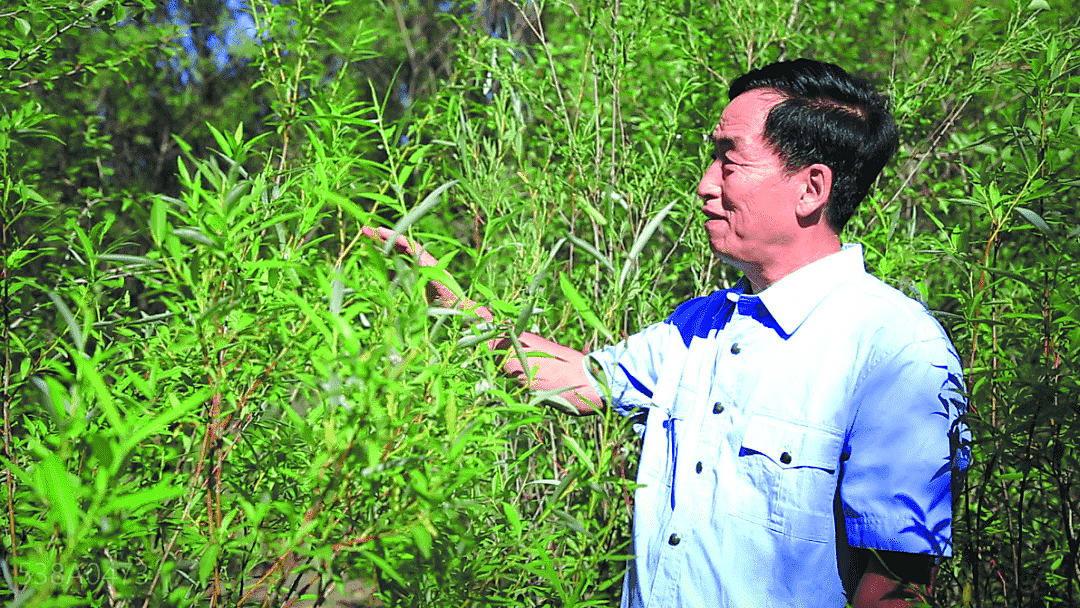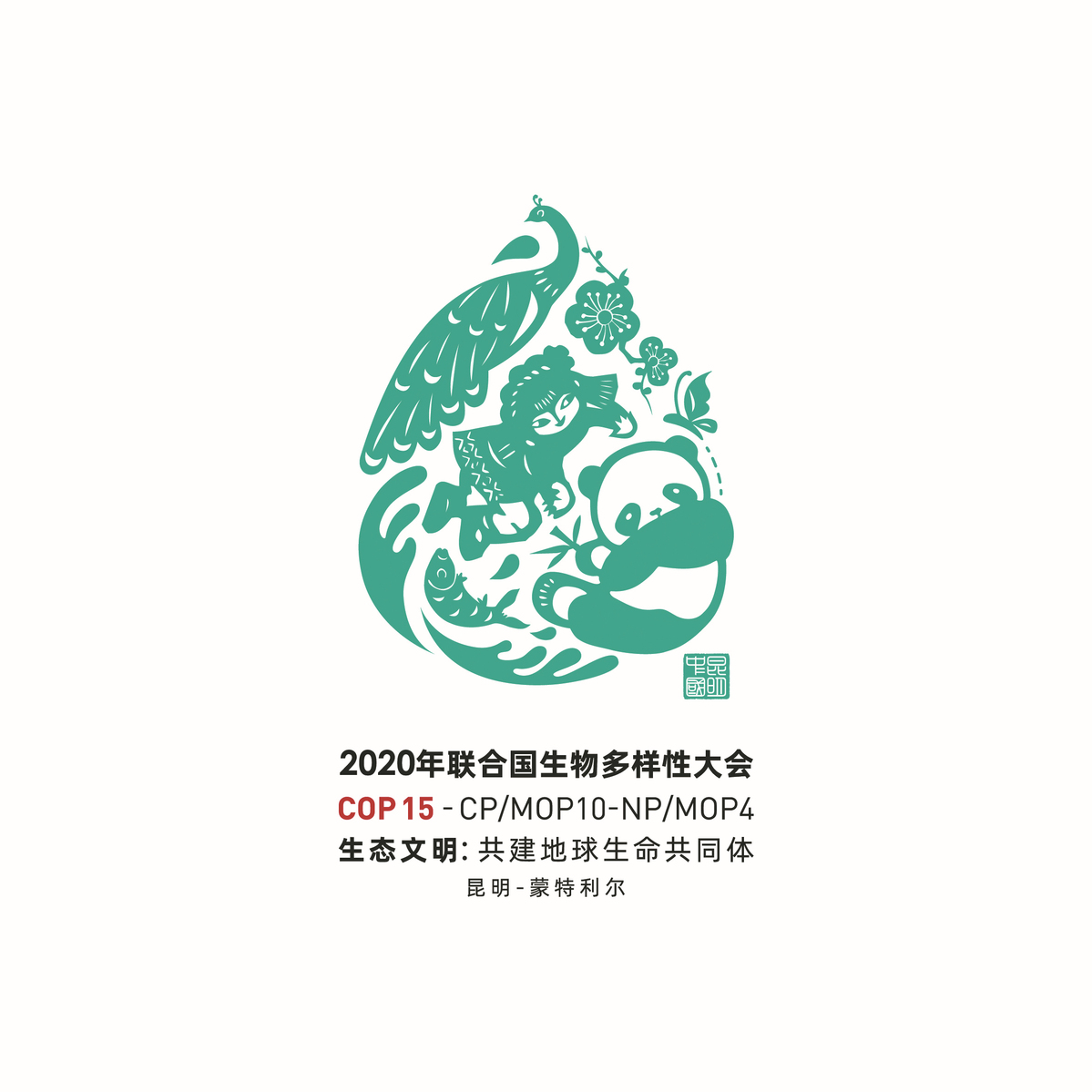Former oilfield enjoys lush new green life


With wild animals returning, retiree rejoins company as environmental volunteer to transform even more land
Li Shusen retired five years ago from working at the Daqing oilfield in Heilongjiang province.
As an environmentalist, however, he continues to contribute to the government 's goal of creating an "ecological civilization", the core of which is the harmonious coexistence between humans and nature.
The 65-year-old's enthusiasm for all things green began over 30 years ago. Despite then working in a post at the oilfield's administration service center that had nothing to do with the environment, he volunteered to take charge of its environmental protection work in 1987.
When Li retired in 2017, he had overseen environmental conservation projects that covered 70 square kilometers, including an environmental conservation demonstration zone.
This was no easy task. For an extended period of time, Li not only had to fulfill his duties as head of the service center and as an environmental volunteer, but also help his wife care for his sick mother and their two children, which was more than she could manage on her own. He rarely had a weekend or a holiday and got used to getting up at 5 am every day.
In 2007, the oilfield rolled out a comprehensive environmental remediation program, a big part of which was the transformation of an area where oil exploitation had continued for half a century into a conservation demonstration zone.
Pitted and scarred, the 66-sq-km area was sparsely vegetated and home to almost no wild animals. It was so desolate that people joked that when sheep came to the area, they would cry, and when people came, they would worry endlessly.
Li was put in charge of the project. With biodiversity as one of his major concerns, he was surprised to discover that fish and frogs were few in number, despite the many ponds dotting the large area. His curiosity sparked, Li devoted himself to finding out why.
He discovered that frogs were absent because in order to ensure that exploitation was not affected by collapses, cement slabs had been used to stabilize the pits that were dug. While many had filled with water, making them ideal for attracting wildlife, their slopes were too steep for frogs to navigate.
Li came up with the idea of replacing the slabs with reeds, which would stabilize them and reduce their gradient to 30 degrees. He also deepened the ponds so that fish would be able to survive in them during the winter when the water level dropped sharply.
Both approaches proved to be effective. Now each summer, the croaking of frogs echoes across the demonstration zone, and the site has begun to attract fishermen.
Li also used a lot of construction waste in creating the zone, which not only recycled used materials but also helped reduce costs.
The zone took a decade to complete, and the formerly desolate site has now been transformed by trees and is dotted by flowers. The air is full of the sound of birds, and many wild animals, including foxes, hedgehogs and pheasants, have returned.
Li and his team devised a system for remediating oilfields that involves planting trees on higher ground, storing water in low-lying areas and growing reeds in between. The system is now being promoted nationally by the China National Petroleum Corp, owner of the oilfield.
Li is determined to keep his enthusiasm for environmental protection going, even though he has retired. In March last year, he applied to rejoin Daqing as a volunteer, vowing to continue to work on environmental protection for another 20 years.
He said his decision was inspired by Wang Jinxi, a model worker from the early days of the Daqing oilfield in the 1950s-60s. Known as "Iron Man", Wang once famously declared, "I would give up 20 years of my life if it means China can produce oil in its own land."
Li said, "As a volunteer, I want to be part of growing another million trees, planting 1.5 million square meters of aquatic plants and introducing plant-facilitated environmental conservation to another 2 million sq m of slopes."
houliqiang@chinadaily.com.cn

- Film-like lining in school uniforms prompts investigation in Inner Mongolia
- High-temperature geothermal resource discovered in Shandong
- Earthquake strikes Guizhou county early morning
- A continued commitment to the people
- Jilin documentary festival brings filmmakers to northeastern China
- Shanghai's Global Taste festival kicks off with European season



































